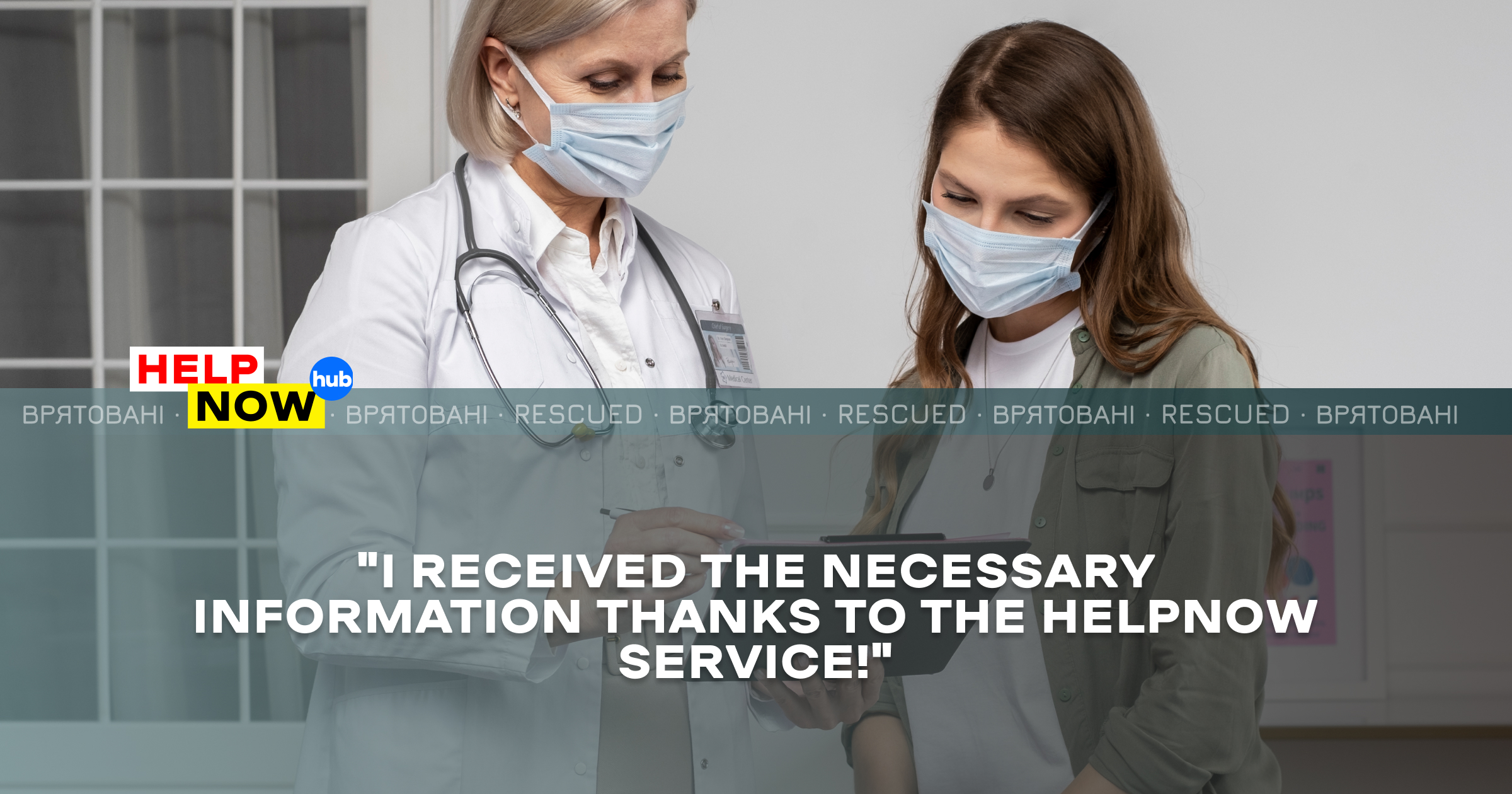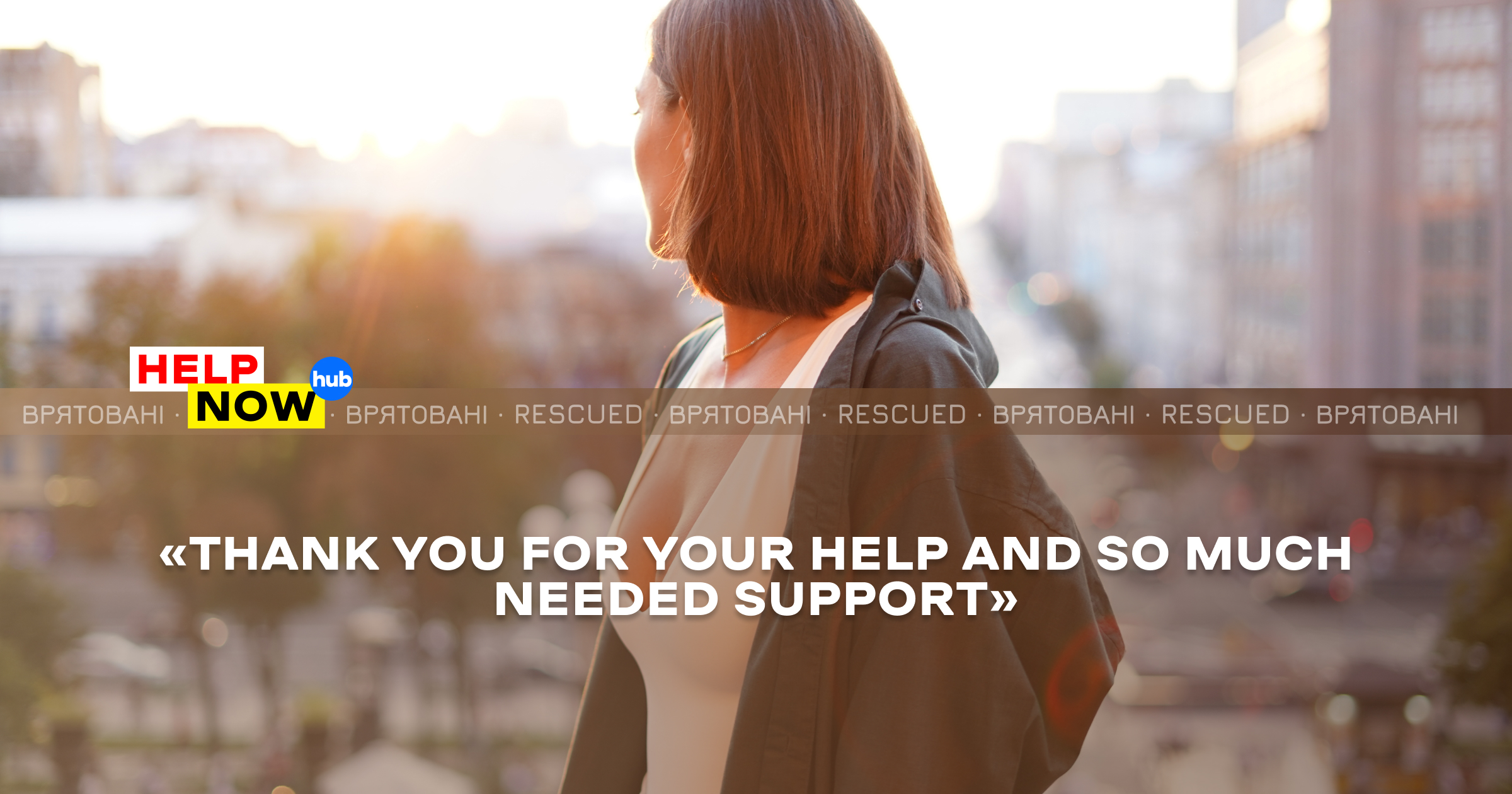The #HelpNow team has prepared a detailed report for 2022 describiing all challenges and achievements so that every Ukrainian knows that #HelpNow is nearby and always ready to help!
In the first days of March 2022, a week after russia started its full-scale aggression against Ukraine, the APH developed and launched a unique service to support PLHIV and KP, who encountered difficulties in accessing treatment and other necessary services. Leaving their homes and becoming internally displaced persons or refugees in other countries created an additional barrier to access to vital services and jeopardized adherence to treatment and life for such people. #HelpNow has made it easy to reach people in need using various methods. The Hub team can quickly inform these people and direct them to the service they need in their new (temporary) location.
For ten months, from March to December 2022, #HelpNowHUB received more than 15,800 requests from Ukrainians in 47 countries and within Ukraine, coordinating through # HelpNowPL, #HelpNowDE, #HelpNowClinicalHUB and direct social support.
More details in the report:



